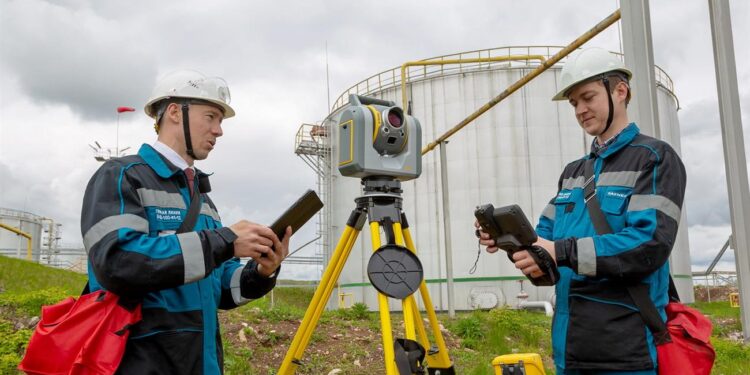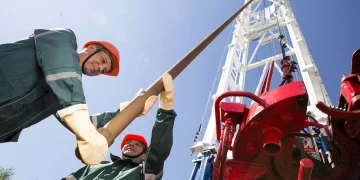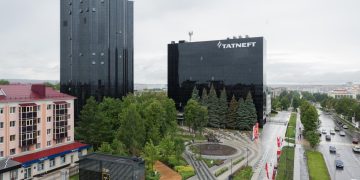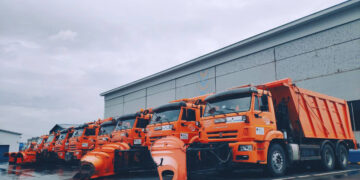Tatarstan Will Make Wireless Sensors for Tanks
Instead of the American Design Bureau “Vector” switched to other communication protocols for monitoring pressure, phases, temperature and other parameters of liquids.
Moscow “OKB” Vector “plans to localize the production of magnetostrictive sensors in Tatarstan, as well as to establish their service. This was announced by the financial director of OKB Vector Alexei Fomichev at a meeting of the board of directors of Tatneftekhiminvest-holding JSC in Kazan.
These devices are used to measure the level of petroleum products and other liquids. Sensors can be used in the oil and gas industry, housing and communal services, mechanical engineering, shipbuilding and other sectors of the economy.
Magnetostrictive sensors can operate at high temperatures (up to 450°C), under high pressure (up to 5 MPa). Measurements can be carried out in boiling and foaming liquids, Devon news agency found out from the materials for the meeting. Among the advantages – high accuracy and continuity of measurement, the possibility of verification on site, resistance to wear.
The magnetostrictive method is based on a combination of magnetism and ultrasound. The magnetostrictive transducer (detector) determines the position of the magnetic float sliding along the waveguide (sensor probe).
The electric current produces a magnetic field along a conductor of magnetostrictive material fixed inside the guide tube. In turn, a float with magnets is lowered into the liquid. This makes it possible to measure the position of the device. Based on the feedback delays, the liquid level is calculated.
It is also possible to measure liquid phase separation levels, temperature, pressure and other parameters. Data is transmitted wirelessly over a distance of up to 3 kilometers. In addition, Vector’s level gauges are equipped with displays. Thus, the data can be consulted at the reservoir. You can control the equipment from a computer.
“We switched from American technologies to other communication protocols,” Inform-Devon quoted Fomichev as saying. “They allow you to control the pressure at well pads, interact with control panels in oil production departments, reservoirs, etc.”
According to him, the equipment was successfully tested in Tatneft.
Rais (head) of Tatarstan Rustam Minnikhanov suggested that the oilmen of Tatarstan, together with scientists from KNITU, consider the possibility of introducing these sensors. In addition, the Ministry of Digital Development of the Republic of Tatarstan was instructed to study other areas of application of wireless technologies of OKB “Vector”.







